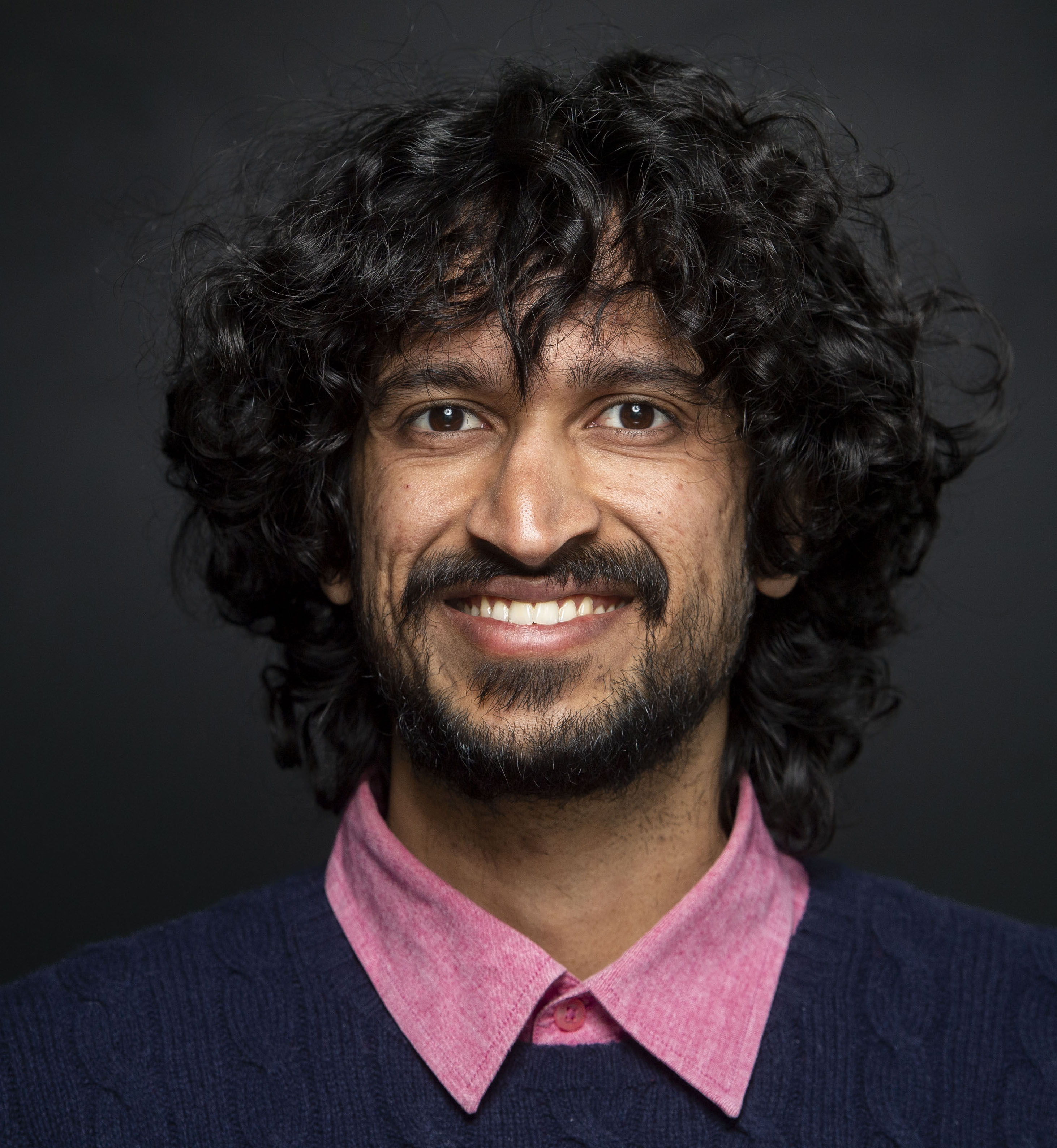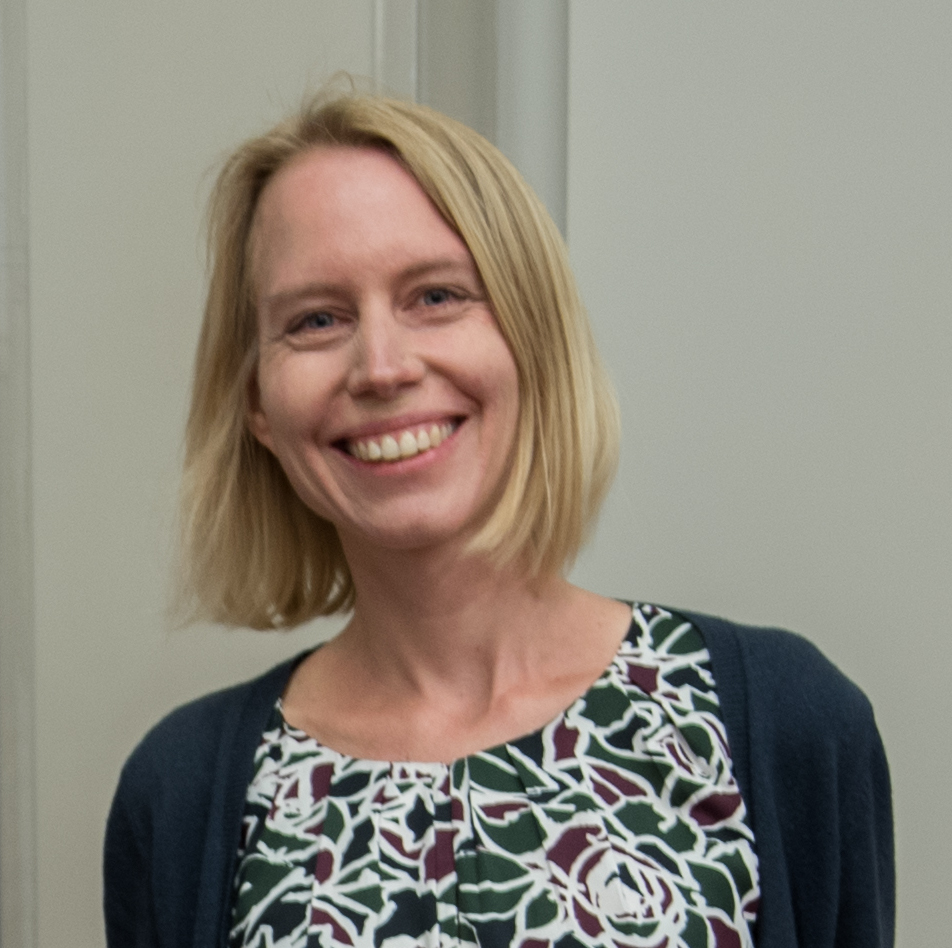Invited Talks
Invited Talk - Matt Hoffman
Speaker
Matthew D. Hoffman
Matt Hoffman is a Research Scientist at Google. His main research focus is in probabilistic modeling and approximate inference algorithms. He has worked on various applications including music information retrieval, speech enhancement, topic modeling, learning to rank, computer vision, user interfaces, user behavior modeling, social network analysis, digital imaging, and astronomy. He is a co-creator of the widely used statistical modeling package Stan, and a contributor to the TensorFlow Probability library.
Conformal online model aggregation
Conformal prediction equips machine learning models with a reasonable notion of uncertainty quantification without making strong distributional assumptions. It wraps around any black-box prediction model and converts point predictions into set predictions that have a predefined marginal coverage guarantee. However, conformal prediction only works if we fix the underlying machine learning model in advance. A relatively unaddressed issue in conformal prediction is that of model selection and/or aggregation: for a given problem, which of the plethora of prediction methods (random forests, neural nets, regularized linear models, etc.) should we conformalize? This talk presents a new approach towards conformal model aggregation in online settings that is based on combining the prediction sets from several algorithms by voting, where weights on the models are adapted over time based on past performance.
Speaker

Aaditya Ramdas
Aaditya Ramdas (PhD, 2015) is an assistant professor at Carnegie Mellon University, in the Departments of Statistics and Machine Learning. His research interests include game-theoretic statistics and sequential anytime-valid inference, multiple testing and post-selection inference, and predictive uncertainty quantification (conformal prediction, calibration). His applied areas of interest include neuroscience, genetics and auditing (real-estate, finance, elections). Aaditya received the IMS Peter Gavin Hall Early Career Prize, the COPSS Emerging Leader Award, the Bernoulli New Researcher Award, the NSF CAREER Award, the Sloan fellowship in Mathematics, and faculty research awards from Adobe and Google. He also spends 20% of his time at Amazon working on causality and sequential experimentation.
Learning with symmetries: eigenvectors, graph representations and sample complexity
In many applications, especially in the sciences, data and tasks have known invariances. Encoding such invariances directly into a machine learning model can improve learning outcomes, while it also poses challenges on efficient model design.
In the first part of the talk, we will focus on the invariances relevant to eigenvectors and eigenspaces being inputs to a neural network. Such inputs are important, for instance, for graph representation learning, point clouds and graphics. We will discuss targeted architectures that express the relevant invariances or equivariances - sign flips and changes of basis - and their theoretical and empirical benefits in different applications.
Second, we will take a broader, theoretical perspective. Empirically, it is known that encoding invariances into the machine learning model can reduce sample complexity. What can we say theoretically? We will look at example results for various settings and models.
This talk is based on joint work with Derek Lim, Joshua Robinson, Behrooz Tahmasebi, Thien Le, Hannah Lawrence, Bobak Kiani, Lingxiao Zhao, Tess Smidt, Suvrit Sra, Haggai Maron and Melanie Weber.
Speaker

Stefanie Jegelka
Stefanie Jegelka is a Humboldt Professor at TU Munich and an Associate Professor in the Department of EECS at MIT. Before joining MIT, she was a postdoctoral researcher at UC Berkeley, and obtained her PhD from ETH Zurich and the Max Planck Institute for Intelligent Systems. Stefanie has received a Sloan Research Fellowship, an NSF CAREER Award, a DARPA Young Faculty Award, the German Pattern Recognition Award, a Best Paper Award at ICML and an invitation as sectional lecturer at the International Congress of Mathematicians. She has co-organized multiple workshops on (discrete) optimization in machine learning and graph representation learning, and has served as an Action Editor at JMLR and a program chair of ICML 2022. Her research interests span machine learning problems that involve combinatorial, algebraic or geometric structure.
Successful Page Load